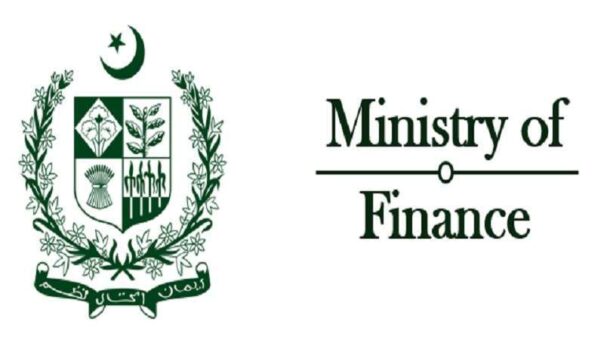Islamabad, February 28, 2024 – In a bid to ensure prudent utilization of public funds, Pakistan has announced a series of austerity measures for the fiscal year 2023-24.
Among these measures is a ban on the purchase of vehicles, machinery, and equipment, as well as the creation of new posts under the Public Sector Development Program (PSDP).
On February 27, 2024, the Finance Division (Expenditure Wing) of the Finance Ministry issued an office memorandum (OM) to various government entities, conveying the decision taken by the Prime Minister to implement austerity measures with immediate effect.
The austerity measures outlined in the memorandum are aimed at curbing unnecessary expenditures and directing resources towards more critical areas. The key points of the austerity measures include:
1. Complete Ban on Machinery and Equipment Purchases:
• There will be a comprehensive prohibition on the purchase of machinery and equipment from the current budget. However, exceptions have been made for medical machinery and equipment, recognizing the critical nature of healthcare needs.
2. Restrictions on Vehicle Purchases:
• A complete ban has been imposed on the purchase of all vehicles, with exceptions for ambulances, buses for educational institutions, solid waste vehicles, tractors, fire-fighting vehicles, and motorbikes. This move is expected to reduce non-essential government expenses related to vehicle procurement.
3. Limitations on New Posts Creation:
• A ban has been enforced on the creation of new posts under PSDP and the current budget throughout the financial year 2023-24. This measure aims to control the expansion of the government workforce and manage personnel costs more effectively.
The Finance Ministry emphasized the need for these measures to ensure fiscal responsibility and prudent financial management. The directive has been sent to various government offices, including ministries, the President’s Secretariat, the Prime Minister’s Secretariat, the Senate Secretariat, and other key departments involved in financial matters.
These austerity measures align with the government’s commitment to fiscal discipline and responsible financial management. By prioritizing essential expenditures such as healthcare and education, the government aims to navigate the economic challenges and promote a more sustainable and efficient allocation of resources.
The decision has received mixed reactions, with some praising the government’s commitment to financial responsibility, while others express concerns about potential impacts on certain sectors. As the fiscal year progresses, the effectiveness and consequences of these austerity measures will become more apparent, shaping the country’s economic landscape.
